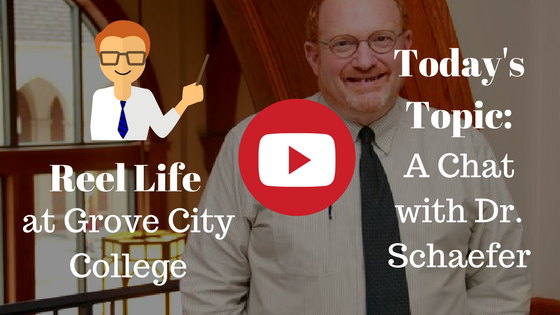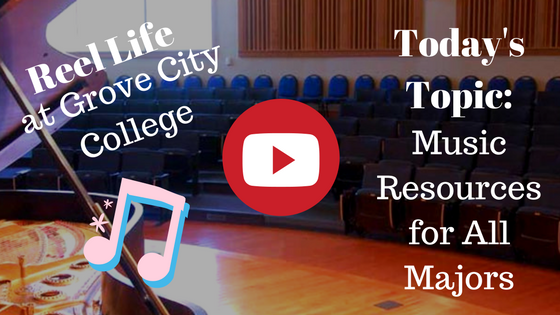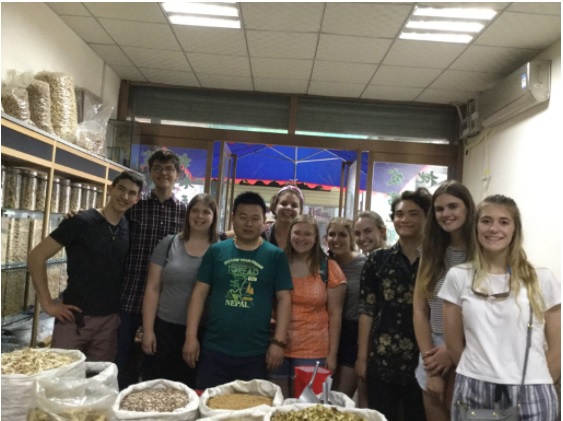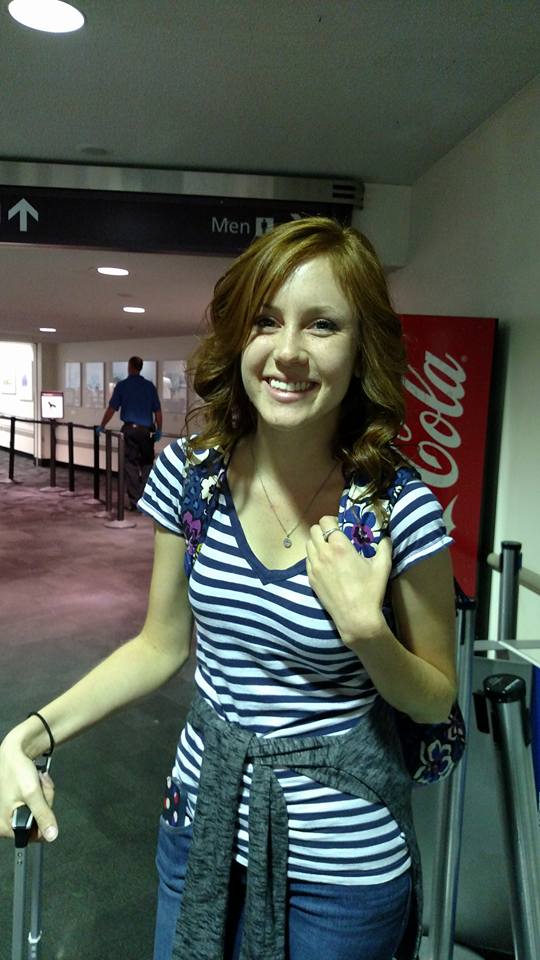Faculty Led Study Trips (Part 2)

As a sophomore, I have had the privilege to partake in one of the faculty led study trips abroad during the May 2018 intersession. I signed up to take the three-credit humanities course, Western Civilization. With Dr. James Bibza and Dr. Paul Schaeffer as the professors teaching this course and leading us in our travels, the trip was guaranteed to […]
Read more




